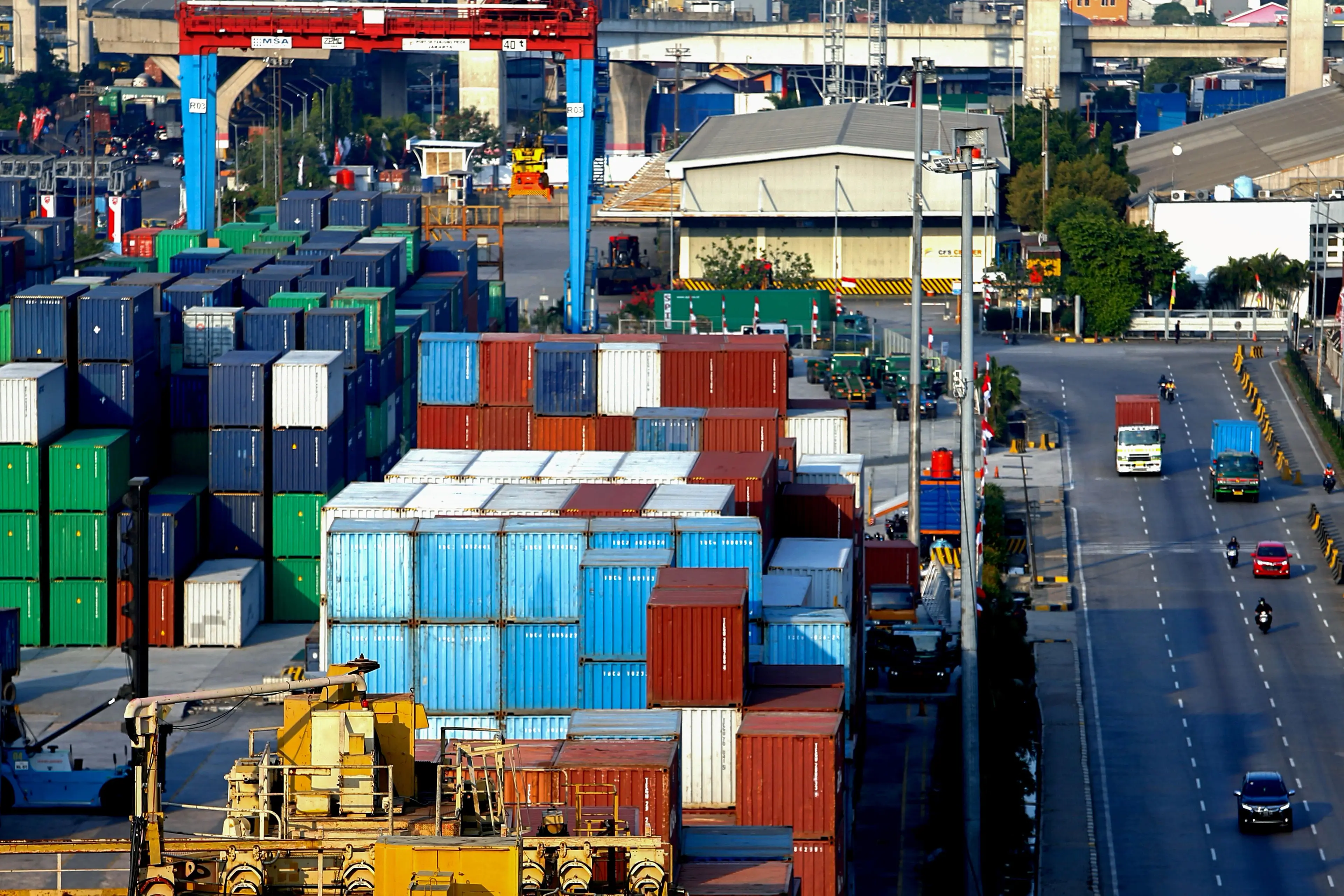PHOTO
JAKARTA - Indonesia's economy contracted for the first time in over two decades in the second quarter as efforts to contain the new coronavirus dealt a blow to consumer demand and business activity in Southeast Asia's largest economy.
Gross domestic product shrank by a bigger than expected 5.32% in the April-June period from a year ago, according to data from Statistics Indonesia, the first contraction since 1999.
The economy had been expected to shrink 4.61%, according to a Reuters poll of economists, after growing by 2.97% year-on-year in the first quarter.
The data showed a broad-based impact from the fallout of the pandemic, with households curbing spending and businesses delaying investments, while exports were also hit by lower global demand and commodity prices.
Indonesia's stock index turned negative, slipping nearly 0.3% after the data, while the rupiah was unchanged.
"In terms of policy, we continue to monitor the disbursement of fiscal stimulus, which according to latest data still stood at 15.7% of allocated budget," said Wisnu Wardana, an analyst at Bank Danamon.
"We are of the view that monetary policy has been stretched, especially under the recent burden sharing scheme."
Indonesia's central bank and the government earlier this month unveiled a $40 billion debt monetisation scheme, with Bank of Indonesia pledging to buy $28 billion of bonds while relinquishing interest payments.
The central bank has also cut its key interest rates four times this year by a total of 100 basis points to the lowest since at least 2016 when it adopted the rate as its benchmark, in efforts to support growth.
The data also showed the economy contracted 4.19% quarter-on-quarter, on a non-seasonally adjusted basis.
(Additional reporting by Maikel Jefriando; Editing by Ana Nicolaci da Costa) ((Fransiska.Nangoy@thomsonreuters.com; +62 21 2992 7610; Reuters Messaging: fransiska.nangoy.thomsonreuters.com@reuters.net))





















